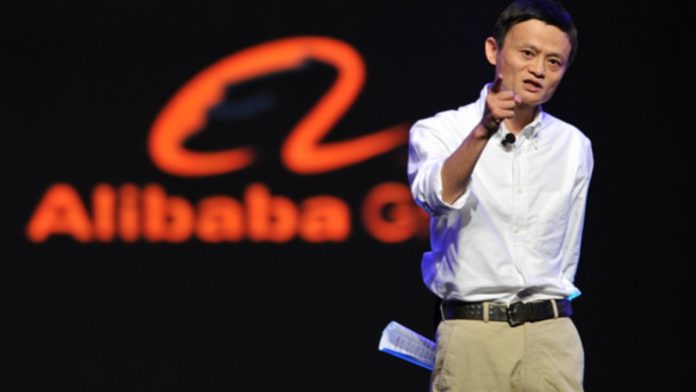A Gurugram district court has summoned Jack Ma, the Chinese billionaire and founder of Alibaba, in a case filed by its former India-based employee. How valid is the claim?
By Abhilash Singh
The case made headlines mainly because the man being summoned to appear before an Indian court is one of the richest men in the world. His company, Alibaba, is worth an estimated $231 billion. That he also happens to be Chinese could be behind the decision of the Gurugram district court to summon him.
The case was filed by a former employee, Pushpandra Singh Parmar, who alleges that the company used to censor content seen as unfavourable to China, and that its apps like UC Browser and UC News showcased false news “to cause social and political turmoil”. Parmar worked as an Associate Director at the UC Web office, Gurugram, till October 2017, and is now seeking US$268,000 in damages, alleging he was wrongfully fired after objecting to what he saw as censorship and fake news on the company’s apps.

The case comes close on the heels of India banning Alibaba’s UC News, UC Browser and 57 other Chinese apps after the border clash between the two countries’ forces along the LAC in eastern Ladakh. Following the ban, India sought written counters from all affected companies on whether they censored content or acted for any foreign government. UC Web already started winding up its operations and laid off a major chunk of employees based in Gurugram.
In response to the case filed on July 20, civil judge Sonia Sheokand of the district court issued summons to Alibaba, Jack Ma and about a dozen individuals or company units, asking them to appear in court in person or through an advocate on July 29. The judge also sought written counters from the company and its executives within 30 days.

The Chinese foreign ministry said in a statement that the government had always requested Chinese companies to “carry out overseas cooperation on the basis of abiding by international rules and local laws. The Indian side should also provide a fair, just and non-discriminatory environment for Chinese companies’ normal operations in India.”
Among the 59 Chinese mobile apps banned are the ByteDance-owned video-sharing apps TikTok and Helo, WeChat, file-sharing app SHAREit and Alibaba’s UC Browser and UC News, with a combined user base of more than half a billion. Other apps on the banned list include microblogging app Weibo and strategy game Clash of Kings.
The anger brewing across India since the soldiers were martyred at Galwan has now manifested in the court case against Alibaba and Jack Ma. Before the apps were banned, the UC Browser had been downloaded at least 689 million times in India, while UC News had 79.8 million downloads, according to data from analytics firm Sensor Tower.
In his more than 200 pages of court filing, Parmar included clippings of some posts showcased on the UC News app that he alleged were false. One post from 2017 was headlined in Hindi: “2,000-rupee notes to be banned from midnight today.” Another headline on a 2018 post said: “Just now: War broke out between India and Pakistan”, and contained a description of firing across the disputed border between the two countries. The lawsuit also contains a “sensitive words list” with key words in Hindi and English such as “India-China border” and “Sino-India war”. “In order to control, any news-related content to be published against China was automatically/manually rejected by an audit system evolved for this purpose,” the filing said.
Read Also: Virat Kohli in a spot through petition against online gambling
While Alibaba and Jack Ma have not reacted as yet, the Chinese government said it is “strongly concerned” over the Indian government’s action against Chinese apps and companies. Clearly, the summons have a lot to do with the strong anti-China sentiment in India and the new-found suspicion regarding all apps made in that country.
—The author is an advocate, Supreme Court of India
Lead Picture: Alibaba


